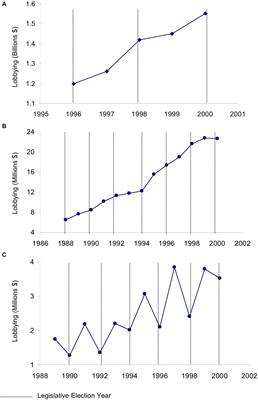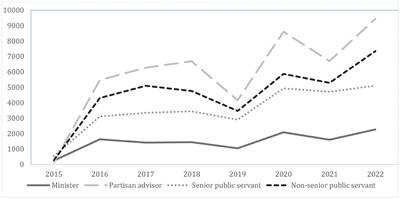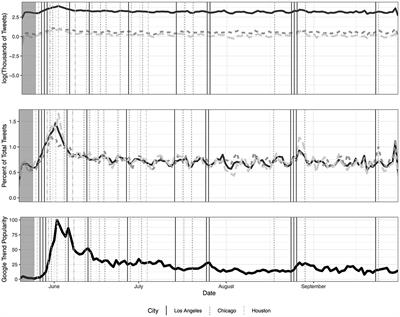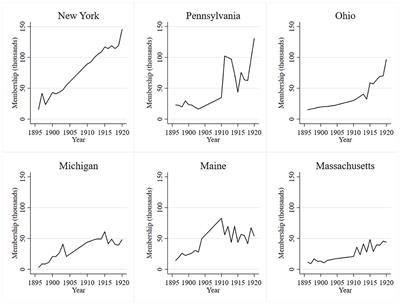EDITORIAL
Published on 14 Aug 2024
Editorial: Lobbying in comparative contexts
doi 10.3389/fpos.2024.1457509
- 569 views
2,312
Total downloads
19k
Total views and downloads
You will be redirected to our submission process.
EDITORIAL
Published on 14 Aug 2024
ORIGINAL RESEARCH
Published on 06 Aug 2024

ORIGINAL RESEARCH
Published on 04 Jan 2024

ORIGINAL RESEARCH
Published on 18 Jul 2023

ORIGINAL RESEARCH
Published on 05 Apr 2023

